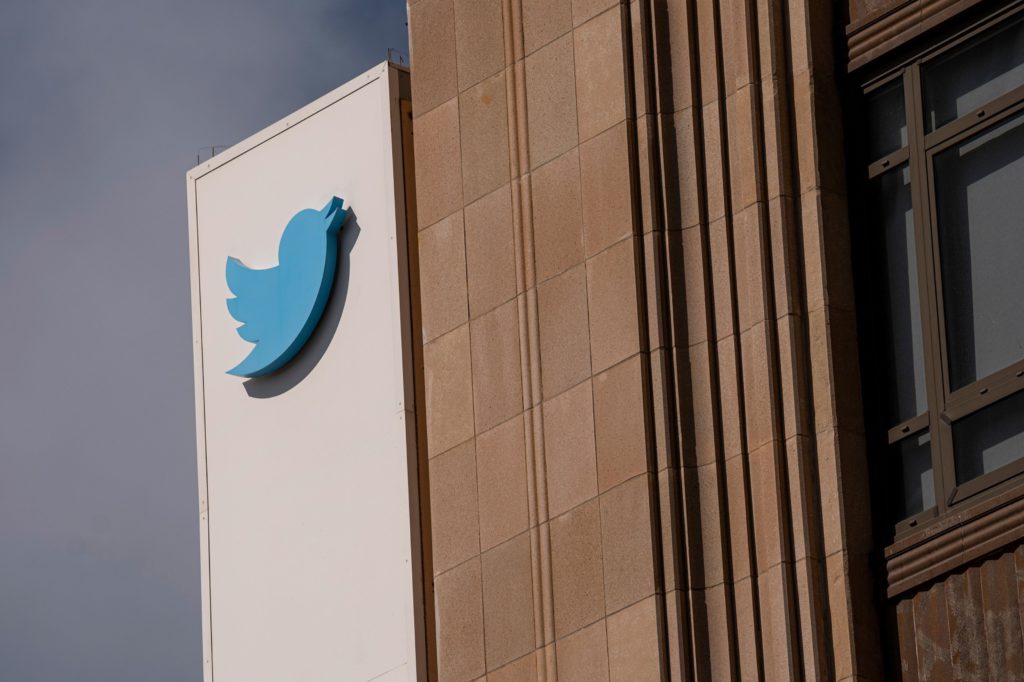(Bloomberg) — When Twitter Inc. head Parag Agrawal said this week that he’ll take “a few weeks” off following the birth of his second child, he was praised for breaking a taboo surrounding top executives and paternity leave. Others said his plans don’t go far enough.In a sign of how quickly norms are evolving at U.S. companies, the big question sparked by Agrawal’s announcement was why he wasn’t using more of the 20 weeks that Twitter offers. Reddit Inc. co-founder Alexis Ohanian urged Agrawal to “take the time you need.” Others noted that by taking more leave, Agrawal could reinforce to employees that it is safe for them to do the same.
“You can split parental leave up, like take a few weeks to make sure everything at home is A-OK, then take every Friday off to use the rest of the leave,” Ohanian, who has been a vocal advocate for parental leave, suggested on Twitter. His venture capital firm, Initialized, currently offers four months of parental leave to employees. In October 2021, co-founder Garry Tan said he took advantage of the full four months when it was available to him “to make sure everyone at Initialized felt like they could do it.”
Agrawal, Twitter’s former technology chief, was named to the chief executive officer role in November, taking over for co-founder Jack Dorsey. During his leave, Agrawal “plans on being connected with the executive team throughout, which is what works best for him, his wife and the company,” said Laura Yagerman, a spokeswoman for the San Francisco-based company.
“At Twitter, we encourage and fully support employees taking parental leave in whatever way works best for each person,” she said in a statement.
California law mandates that employers offer qualifying workers up to 12 weeks unpaid parental leave; other state provisions ensure up to six weeks paid leave for some employees who are new parents.
There is no federal minimum for paid parental leave, though the Biden administration included 12 weeks of paid leave in an early draft of its Build Back Better plan. That number was later adjusted to four weeks. Only 23% of workers in the U.S. have access to paid parental leave, whether through employers or government programs.
Nine in 10 men take some form of parental leave following the birth or adoption of a child, though most take fewer than 10 days. They are also 50% less likely than women to take the full amount of time afforded to them.
In a report last year, the U.S. Census Bureau found that 33% of men took paid parental leave in the first 12 weeks following a child’s birth, compared with almost 45% of women. Men were even less likely than women to take unpaid parental leave, but more likely to use paid vacation time as a form of parental leave.
There is still lingering stigma surrounding paid leave for fathers, as evidenced by the response to Transportation Secretary Pete Buttigieg saying he would take parental leave to bond with his twins. Meta Platforms Inc. CEO Mark Zuckerberg, meanwhile, took two months of paid leave following the births of his daughters in 2015 and 2017; the company offers four months.If men are frowned on for actually using their paternity leave, “that carries with it this assumption that the woman’s going to do all the work,” Buttigieg said in October.“We’re almost the only country left in the world that doesn’t have some kind of policy,” he said. “When parents take that parental leave, they need to be supported.”











